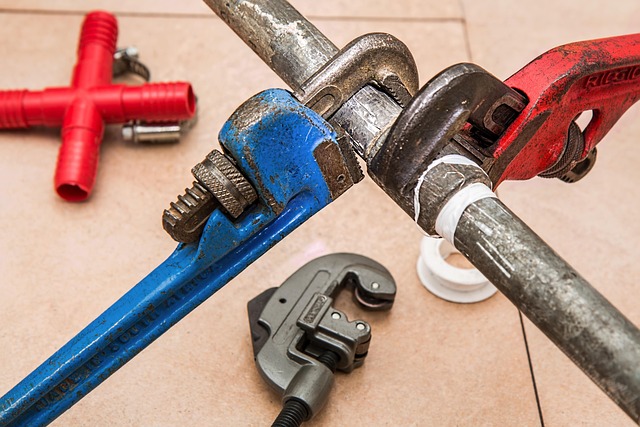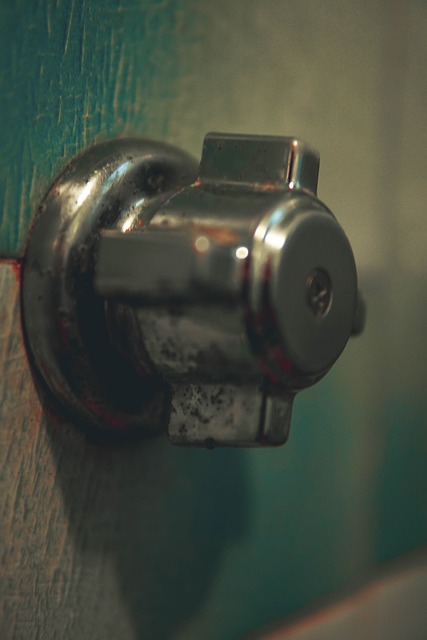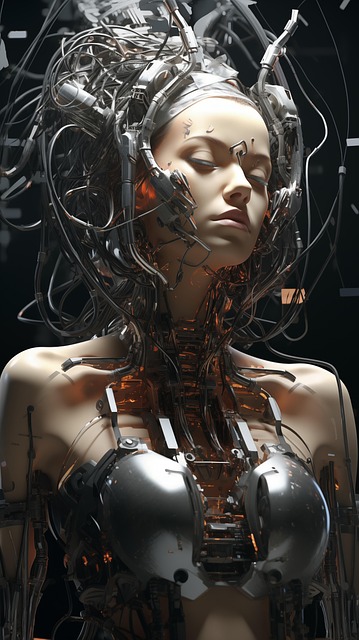Digital controls are transforming plumbing into a smart, efficient system. By offering precise temperature regulation, flow monitoring, and automated features, these technologies optimize energy use in homes and businesses. Real-time data access allows users to customize plumbing, reducing water and energy waste. Smart toilets, heaters, and sensors integrate seamlessly, promoting conservation and sustainability while cutting costs. As technology advances, digital controls are set to become a key driver for eco-friendly, efficient plumbing systems.
In the pursuit of sustainable living, smart plumbing solutions are transforming homes and buildings into energy-efficient wonders. Digital controls, a pivotal innovation, are revolutionizing plumbing efficiency by offering precise temperature regulation, optimized water flow, and real-time monitoring. This article explores how smart technologies, powered by digital controls, contribute to significant energy conservation in plumbing systems. We delve into the benefits and implementation of these solutions, highlighting their potential to reduce costs and environmental impact while enhancing comfort and convenience.
- Digital Controls: Revolutionizing Plumbing Efficiency
- Smart Technologies for Energy Conservation in Plumbing Systems
- Benefits and Implementation of Smart Plumbing Solutions
Digital Controls: Revolutionizing Plumbing Efficiency

Digital controls are transforming the plumbing industry by offering efficient and innovative ways to manage water usage. These advanced technologies allow for precise temperature regulation, flow monitoring, and automated shut-off mechanisms, ensuring optimal energy efficiency in homes and commercial spaces. With real-time data and remote access, users can optimize their plumbing systems, reducing energy consumption and associated costs.
Smart digital controls integrate seamlessly with modern plumbing fixtures, such as intelligent toilets, faucets, and heaters, enabling customizable settings tailored to individual needs. This level of control not only enhances comfort but also plays a significant role in conservation efforts by minimizing water and energy wastage. As technology advances, the adoption of digital controls is set to become a game-changer in achieving sustainable and energy-efficient plumbing systems.
Smart Technologies for Energy Conservation in Plumbing Systems

Smart plumbing solutions have emerged as a game-changer in the quest for energy efficiency. Digital controls play a pivotal role in this transformation, enabling precise monitoring and management of water usage. By integrating advanced sensors and IoT (Internet of Things) devices into plumbing systems, homeowners and businesses can track real-time water consumption patterns and identify areas for improvement. This data-driven approach allows for the implementation of intelligent measures such as smart valves that adjust water flow based on demand, and automated leak detection systems that notify users immediately upon identifying potential issues.
These digital controls not only help in conserving water but also significantly reduce energy costs associated with heating and pumping. For instance, smart thermostats can optimize hot water temperature settings, while connected washing machines and dishwashers can operate during off-peak hours when electricity rates are lower. As a result, buildings become more sustainable, contributing to environmental conservation and long-term financial savings for their occupants.
Benefits and Implementation of Smart Plumbing Solutions

Smart plumbing solutions offer a wide array of benefits, significantly enhancing energy efficiency and reducing water wastage. These innovative systems leverage digital controls to monitor and optimize water usage throughout your home or building. By integrating advanced technologies like sensors, smart valves, and automated fixtures, you can achieve precise control over water delivery, ensuring every drop is used efficiently.
Implementation involves a strategic approach tailored to individual needs. This may include installing smart toilets that use motion sensors for flush activation and advanced heating systems for water, reducing energy consumption. Smart showerheads provide real-time feedback on water usage, encouraging responsible practices among occupants. Additionally, automated leak detection systems can identify potential issues promptly, preventing unnecessary wastage and minimizing repair costs over time.
